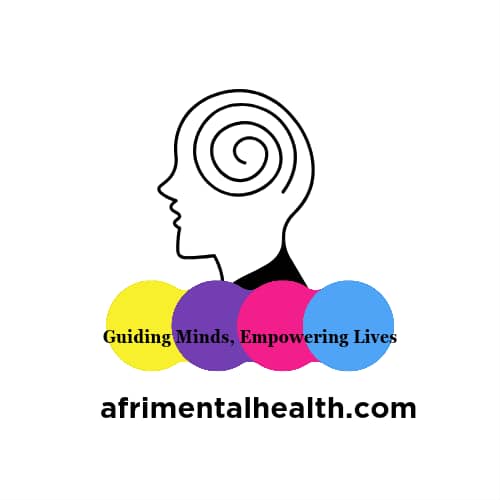Insomnia is a sleep disorder in which you have trouble falling and/ or staying asleep. Insomnia is one of the most common health concerns among adults. Up to two thirds of people occasionally experience insomnia. Insomnia can be acute or chronic. Acute insomnia lasts from 1 night to a few weeks. Chronic insomnia is when it happens 3 nights a week for 3 months or more.
SYMPTOMS
- waking up during the night
- waking up too early
- having a hard time falling asleep at night
- feeling cranky
- feeling tired or sleepy during the day
- having a hard time paying attention, focusing on tasks or remembering
- making more errors or accidents
CAUSES
Common causes of long term insomnia include:
- Poor sleep habits: This includes going to bed and waking up at different times each day, taking naps, being too active before bedtime. Using computers or phones or watching tv before bed can disrupt your sleep cycle.
- Mental health disorders: People with mental health conditions such as schizophrenia, anxiety, and post traumatic stress disorder often experience insomnia.
- Stress: Stressful life events, such death, illness, divorce or job loss may lead to insomnia
- Eating too much late into the night: Eating too much food just before bedtime makes you to feel uncomfortable while lying down. This may also cause heartburn which might keep you awake.
- Medicines: Some prescription drugs might interfere with sleep for example, antidepressants or medication for blood pressure
- Caffeine, nicotine and alcohol: Coffee and tea that has caffeine are stimulants, drinking them in the evening may keep you from sleeping in the night. Nicotine is also stimulant that can disrupt your sleep. Alcohol may help you fall asleep, but it prevents deeper stages of sleep and often result in waking up in the middle of the night.
- Sleep related disorders: Sleep apnea causes you to stop breathing during the night, disrupting your sleep. Restless legs syndrome causes a strong uncomfortable urge to move your legs when trying to fall asleep.
COMPLICATIONS
Sleep is important to your health and having insomnia may affect you mentally and physically. The most common complications of insomnia includes:
- lower performance at school or work
- mental health conditions such as depression, anxiety or substance abuse
- slowed reaction while driving
- higher risk of worsening diseases such as heart disease or high blood pressure
